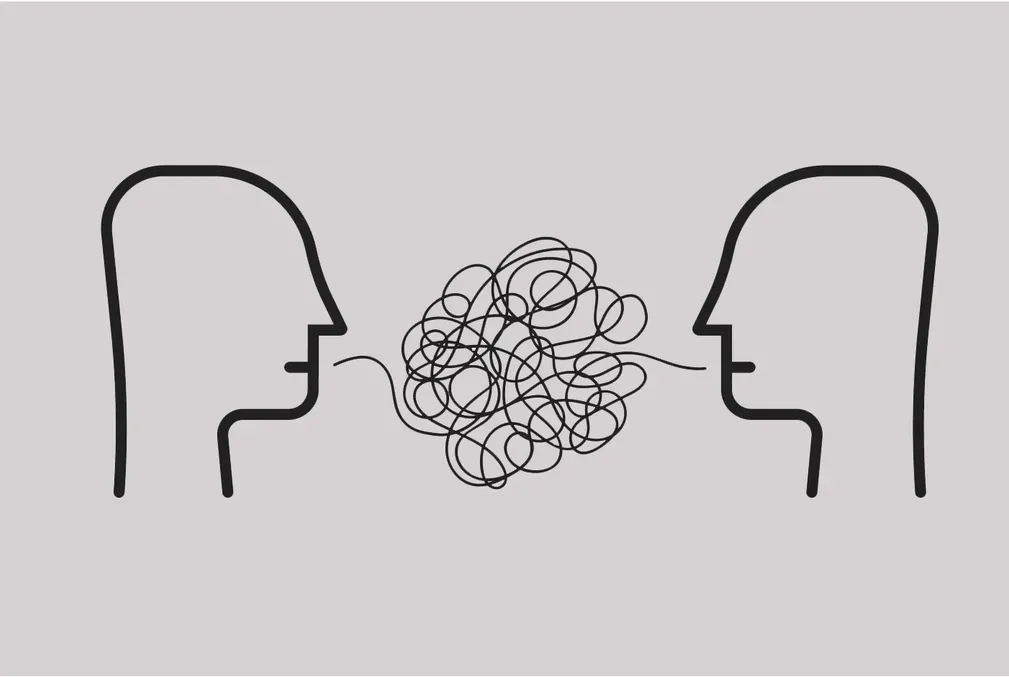Paul Brest, students, and community members review conversations from past classes and discuss course lessons.
Deep disagreement pervades our democracy, from arguments over immigration, gun control, abortion, and the Middle East crisis, to the function of elite higher education and the value of free speech itself. Loud voices drown out discussion. Open-mindedness and humility seem in short supply among politicians and citizens alike. Yet constructive disagreement is an essential feature of a democratic society. This class explores and models respectful, civic disagreement. Each week features scholars who disagree - sometimes quite strongly - about major policy issues. Each class will be focused on a different topic and have guest speakers. Students will have the opportunity to probe those disagreements, understand why they persist even in the light of shared evidence, and to improve their own understanding of the facts and values that underlie them.
This course is offered in the spirit of the observation by Hanna Holborn Gray, former president of the University of Chicago, that “education should not be intended to make people comfortable, it is meant to make them think. Universities should be expected to provide the conditions within which hard thought, and therefore strong disagreement, independent judgment, and the questioning of stubborn assumptions, can flourish in an environment of the greatest freedom.”
Democracy & Disagreement is open to students, faculty and staff to attend and will also be recorded. Enrolled students who take this as a 1-unit course are expected to attend the weekly sessions and do the suggested readings before each event. We will also use devices such as clickers to see whether exposure to different arguments changes minds.
The speakers in this course are the guests of the faculty and students alike, and should be treated as such. They are aware that their views will be subject to criticism in a manner consistent with our commitment to respectful critical discourse. We will provide as much room for students’ questions and comments as is possible for a class of several hundred. For anyone who feels motivated to engage in a protest against particular speakers, there are spaces outside the classroom for doing so.
Debra Satz, the Vernon R. and Lysbeth Warren Anderson Dean of the School of Humanities and Sciences, and Paul Brest, interim dean and professor emeritus at Stanford Law School, host faculty members on opposing sides of a given issue for discussions that model civil disagreement.
Open to the Stanford community.
Recordings of every class will be available on this web page several days after each class.
